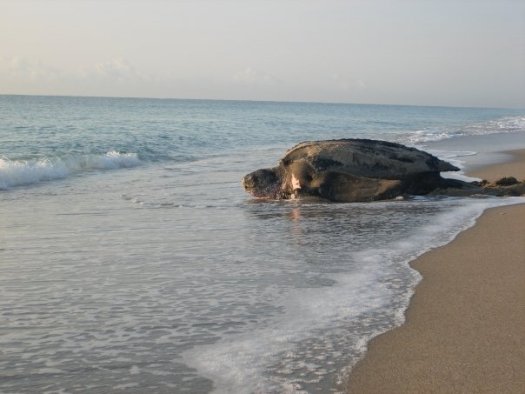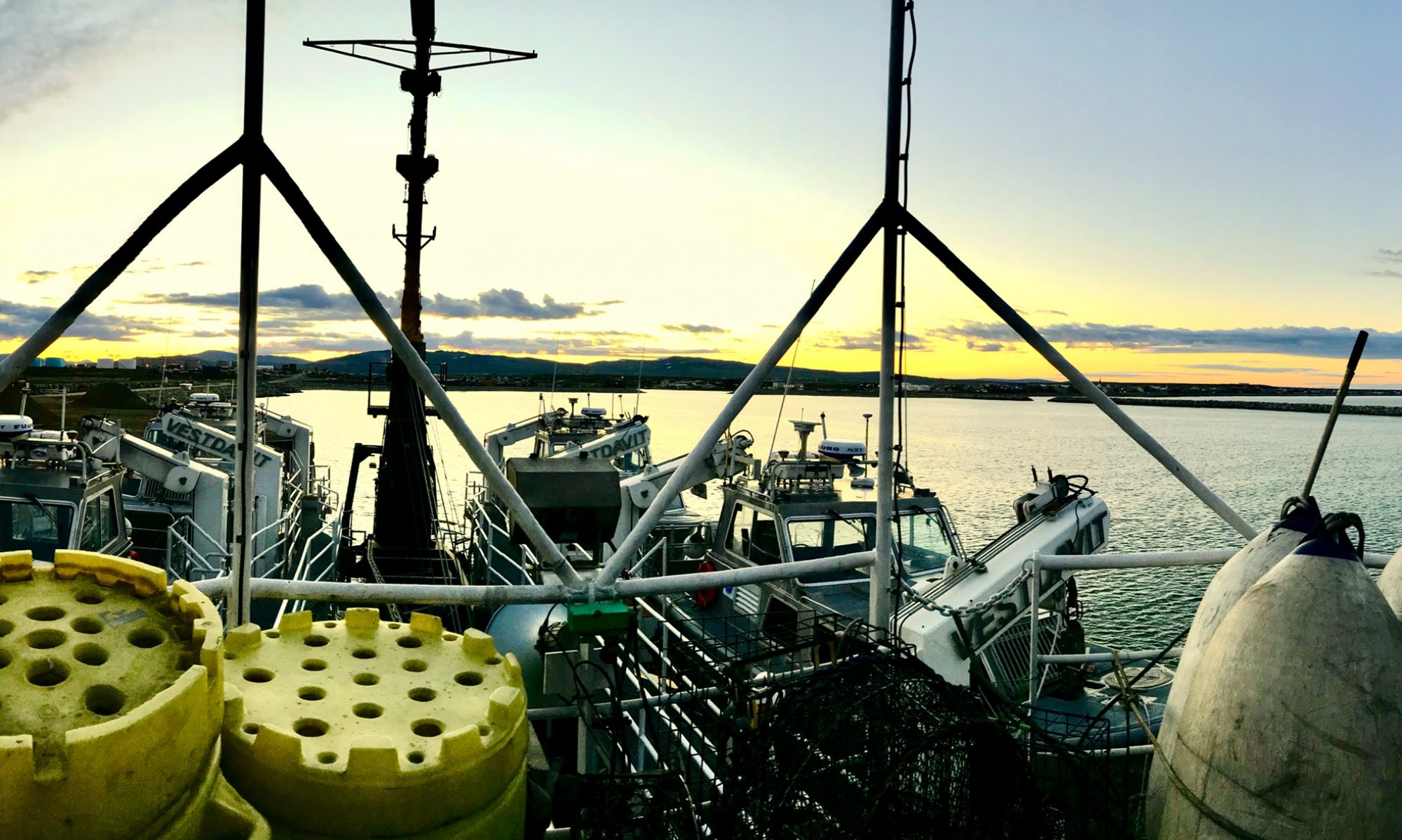NOAA Teacher at Sea
Ashley Cosme
Aboard NOAA Ship Oregon II
August 31 – September 14, 2018
Mission: Shark/Red Snapper Longline Survey
Geographic Area of Cruise: Gulf of Mexico
Date: August 19th, 2018
Weather: The weather in Crown Point, IN is 80 degrees and sunny!
Introduction:
According to Greek mythology, coral first originated in the Red Sea. The story has been told that after Perseus, a Greek hero, beheaded Medusa, he set her head down on a clump of seaweed to wash his hands. The blood from Medusa’s head soaked into the seaweed forming what we know today as coral. Ironically, coral polyps contain tentacles reminiscent of the snakes consuming Medusa’s head. I am lucky enough to have my own piece of Coral. Three and half years ago my husband and I had our first child and named her Coral. The only aspect of Coral’s life that is even a slight resemblance of Medusa is her crazy curly hair! As we know, coral in the ocean is a beautiful animal that houses thousands of marine organisms. Similarly, my daughter has an enormous heart for living creatures, and her curiosity for the natural world inspires me every day.
We also have a son named Kai. In Hawaiian, Kai means ‘the sea’, and in Japanese one of its meanings is ‘ocean.’ I love watching Kai grow daily, and learn new ways to survive having Coral as his big sister. Although I will have to say a heartbreaking temporary goodbye to Coral and Kai, I will be embarking on a journey of a lifetime. My expedition starts in Pascagoula, Mississippi on August 31st aboard NOAA Ship Oregon II, where I will participate in a shark/red snapper longline survey in the Gulf of Mexico.


I have always been fascinated by the water. Growing up near Lake Michigan, family trips consisted of going to the beach and searching for “seashells” along the shore. My passion for the ocean also began during my childhood, which was sparked by my interest in turtles. I was a captivated 15 year old when I saw a sea turtle for the first time as I snorkeled on a patch reef near Key Largo. The speed at which the juvenile loggerhead sea turtle (Caretta caretta) glided through the water was astonishing. I was fortunate to capture a few pictures of the critically threatened animal as it sped by, which was then painted onto a beautiful canvas by a dear friend of mine.
That moment inspired and motivated me to study the ocean, and I went on to obtain a Bachelor of Science degree in marine biology from Eckerd College in St. Petersburg, FL. During my time at Eckerd College, I had the opportunity to intern for the University of Florida’s Cape San Blas sea turtle surveying program. It was during this internship that I had my first indirect encounter with a shark. Well, not really an actual shark, but Yolanda, a nesting loggerhead sea turtle. I first met Yolanda in the summer of 2004. She was a healthy adult sea turtle and a regular nester on Cape San Blas, as her tag had been recorded since the 90’s on the exact same beach that I first saw her. What I have failed to mention is that she had an enormous shark bite through her carapace and plastron just above her right rear flipper. Remarkably, the shark missed all major organs and the bite had healed completely into a perfect mandible mold. Besides Yolanda’s shark bite, and small reef sharks that I’ve seen diving, I never thought I would experience an up close meeting with a shark. For two weeks straight I will be assisting NOAA scientists with catching and tagging a variety of different species of sharks.

I am most excited for the impact that the Teacher at Sea adventure will have on me personally, and as an educator at Crown Point High School. I hope to take what I learn while aboard NOAA Ship Oregon II and aide my students in better hypothesis-generation, experimental testing, and presentation skills to cultivate major changes in their approach to scientific research. Ultimately, I can’t wait to share my experience with the Crown Point community, and continue to create an atmosphere where kids are excited about learning science!



